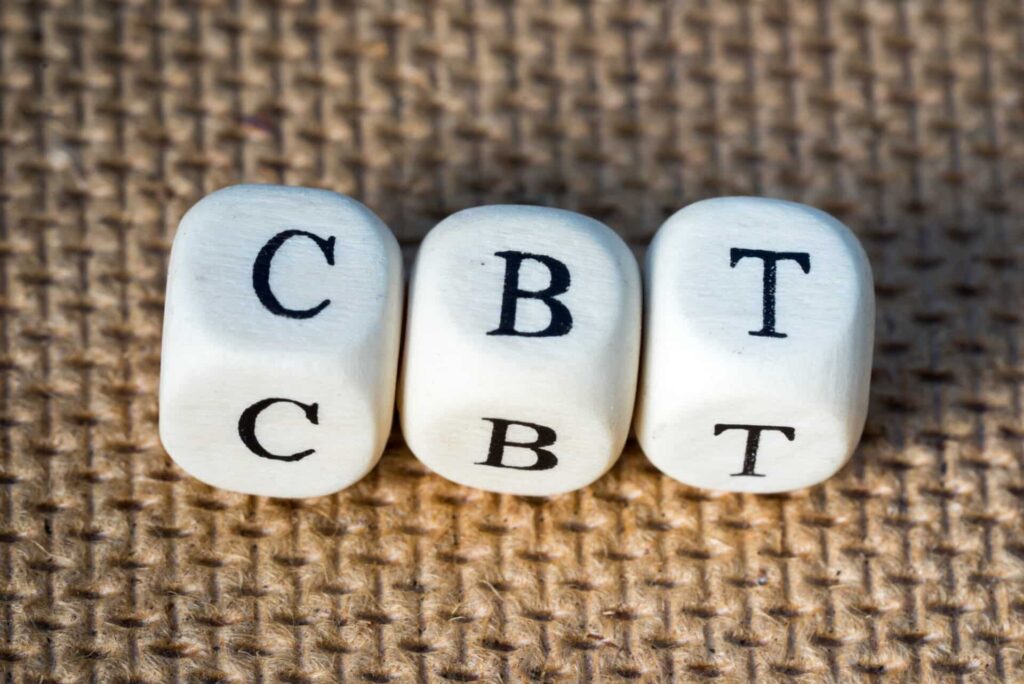Have you ever tried cognitive behavioral therapy?
Cognitive behavioral therapy, or CBT, is one of the most popular and common forms of therapy. It’s beneficial for a variety of conditions and it has great success rates.
If you’re managing depression, anxiety, addiction, or any other mental health struggles, finding a therapist that specializes in CBT might be the answer.
What is cognitive behavioral therapy and how can it benefit you? We’re here to talk about it so you can make an informed decision about your mental health treatment.
Keep reading to learn all about cognitive behavioral therapy for addiction and more.
What Is Cognitive Behavioral Therapy?
Cognitive behavioral therapy is a first-line therapeutic method. This means that it’s often the first choice when mental health professionals develop a treatment plan for their patients.
CBT relies on the idea that negative behaviors and emotions are rooted in negative thought patterns. These may or may not be associated with past events or trauma.
In cognitive behavioral therapy, the therapist will challenge and re-wire these thought patterns. This helps the patient change their behaviors and start to heal.
During CBT you’ll learn to replace negative thoughts with positive and more realistic ones. This helps prevent “thought spirals” and intense emotional outbursts.
There are several therapy styles that incorporate CBT. These include dialectical behavioral therapy (DBT), multimodal therapy, and rational emotive behavior therapy (REBT).
Who Is CBT For?
Therapists use CBT for a variety of mental health conditions. People with depression, anxiety, personality disorders, post-traumatic stress, eating disorders, and phobias are great candidates for CBT.
CBT is also helpful when it comes to addiction. It’s effective when there’s an underlying problem, such as a co-morbid mental health condition).
CBT is also great for temporary stressors. These include break-ups, deaths of loved ones, insomnia, and even general stress management.
What Are the Benefits of Cognitive Behavioral Therapy?
Cognitive behavioral therapy offers many benefits.
While you can do CBT long-term, it’s also an effective short-term treatment. You may start seeing positive results in the first few sessions. It’s also helpful if you need remote therapy, so it’s more accessible than other therapeutic methods.
If a patient doesn’t want to take medication for their mental health, CBT is still effective.
It also addresses the root causes of the problem instead of the symptoms or emotions that result from it. This is great for long-term results. The patient is able to maintain and address their behaviors on their own after they complete therapy.
What Does a CBT Session Look Like?
All CBT sessions are going to be different depending on the specific patient and the methods that the therapist intends to use.
During your first session, you and your therapist will get to know each other. You’ll discuss the problems that you’re facing, your goals for treatment, and the methods that the therapist uses.
At the beginning of each session, your therapist may ask you if there’s something specific that you want to discuss that day. It’s always appropriate to take a break from CBT methods in order to discuss current stressors. After all, they relate to treatment.
Therapists use several methods to help you heal. First, they want to help you address and identify the negative thought patterns that are leading to your condition. When you describe your problem to the therapist, they’ll help you determine which thoughts are unrealistic or harmful.
CBT teaches coping skills and problem-solving so the patient is able to regulate themselves. These coping skills may include breathing exercises, mindfulness, and strategies for preventing stress or avoiding triggers.
CBT will teach you how to identify and solve a problem in a calm and rational way and teach you to make difficult decisions.
Your therapist will choose one or several of these methods to apply during each session. They may also send you off with “homework” to track your thoughts and behaviors.
Is Cognitive Behavioral Therapy Effective?
CBT is an effective treatment method. It’s an evolving psychotherapy method that improves and changes as researchers make new discoveries and reach new conclusions about mental health.
CBT has good long-term outcomes. Patients should notice improved thought patterns and behaviors. They may also develop an improved ability to function in day-to-day life.
Can You Use It In Conjunction with Other Treatment Methods?
One of the CBT benefits is that you can use it while you’re doing other methods of treatment.
Many therapists use CBT during inpatient and outpatient addiction treatment. This allows them to offer a holistic and well-rounded approach to treatment and recovery.
You can do CBT while you do other forms of therapy (though it isn’t often necessary). People who do trauma therapy, like exposure therapy or EMDR, can still utilize CBT.
You can also combine CBT with medication. Not everyone needs psychotropic medication for their mental health conditions. It can still boost the efficacy of therapy.
Some people have treatment-resistant mental health conditions. CBT may be more helpful than medication or talk therapy.
Cognitive Behavioral Therapy: The Gold Standard
Because of the overall efficacy and flexibility of cognitive behavioral therapy, many researchers consider it the gold standard when it comes to healing depression, anxiety, addiction, and a variety of other mental health conditions.
Your therapist will create a treatment plan to help you overcome your negative thought patterns and change your life.
Are you interested in starting cognitive behavioral therapy? At Apex Recovery, we want to help you. Reach out to us and one of our compassionate representatives will be in touch to start you on your healing journey.

